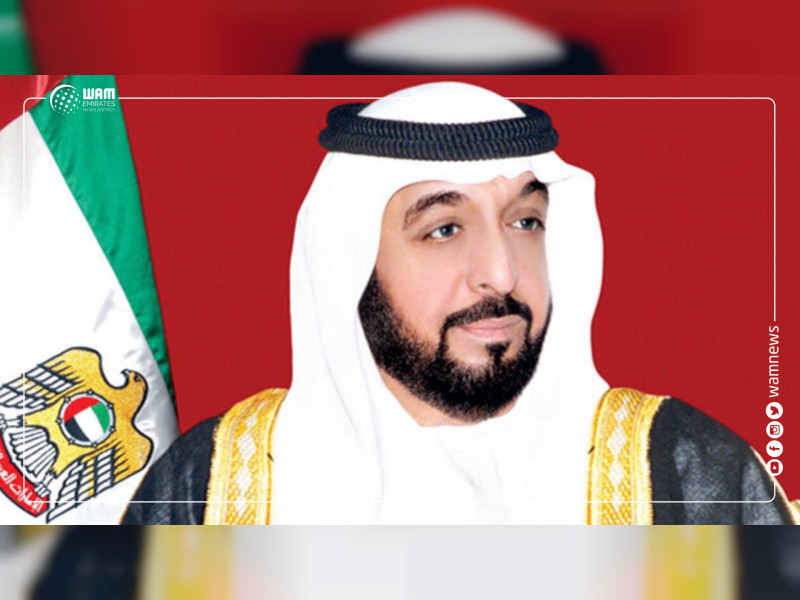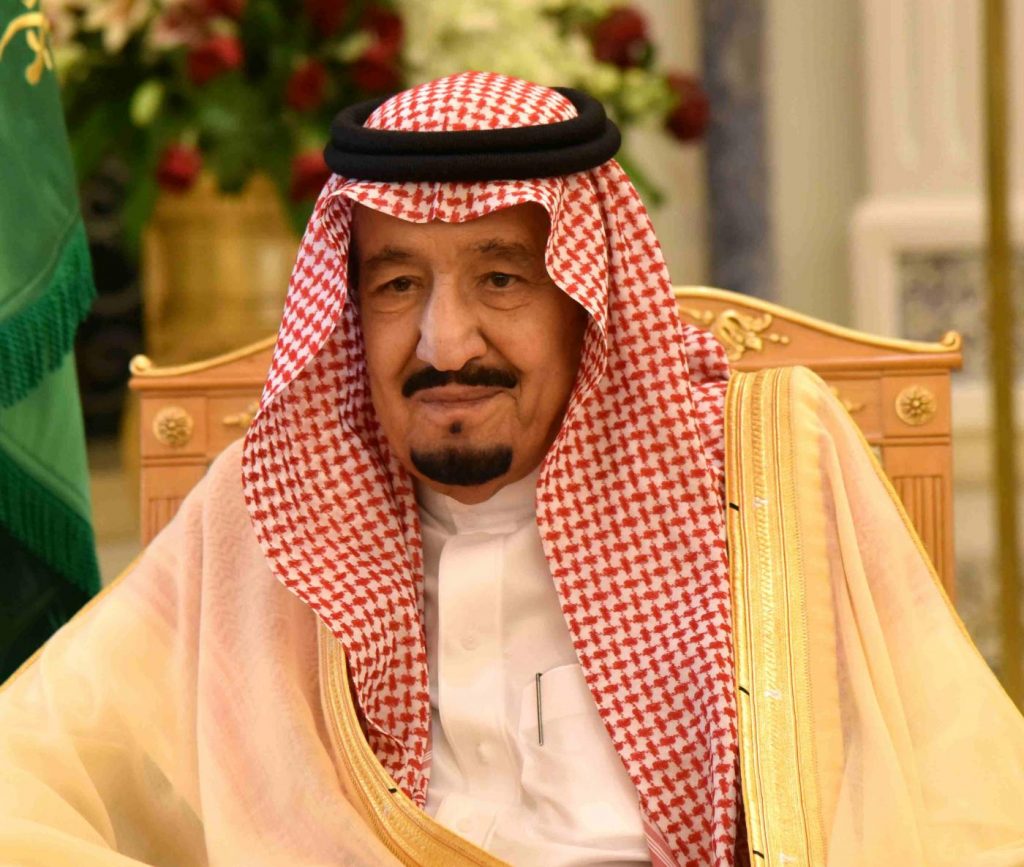In 2019, the UAE was ranked first in seven global health indexes, according to the Federal Competitiveness and Statistics Authority, FCSA.
A report by the authority pointed out that the UAE was ranked first internationally in the “Low HIV Prevalence Index,” the “National Early Detection Programmes Index,” the “Low Rate of Health Problems Index,” the “Health Care Coverage Index,” the “Malnutrition Rate Index,” the “Low Malaria Infection for Every 100,000 People Index,” and the “Prevalence of Stunting among Children under 5 Years of Age Index,” which are issued by the Legatum Prosperity Index 2019.
Healthcare and community prevention account for eight percent of the UAE’s total federal budget in 2020, and the health sector is among the fastest-growing in the country while the value of investments in this sector is expected to increase by over 300 percent over the next decade.
Also Read: UAE: The 1st Arab Nation On Mission To Mars
By the end of 2020, the number of hospital beds is expected to total 14,000, compared to 8,000 in 2010.
The UAE is ranked first globally in terms of the number of accredited health facilities, including hospitals, of which 85 percent are internationally accredited, in accordance with the standards of the Joint Commission International, JCI.
Due to the growing international confidence in the UAE’s health sector, the country has become one of the world’s leading destinations for medical tourism, generating an income of AED12.1 billion in 2018, an increase of 5.5 percent compared to 2017.
Also Read: Abu Dhabi’s Pvt Hospitals Declared COVID-19 Free
Read More: Policy Guide For Abu Dhabi Social Sector Launched








